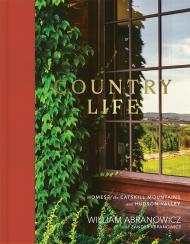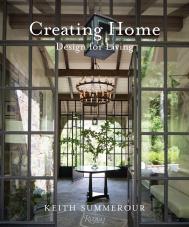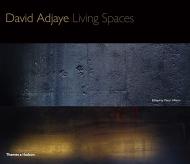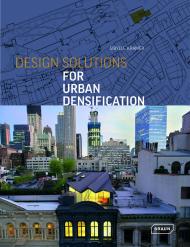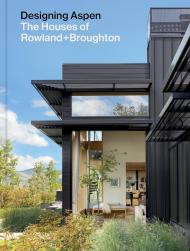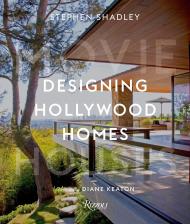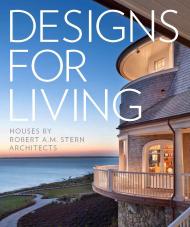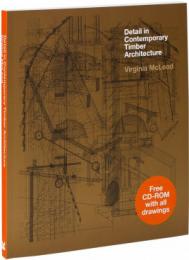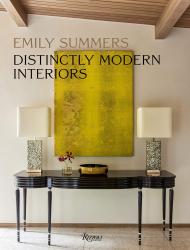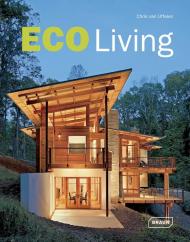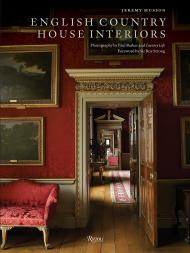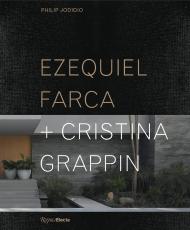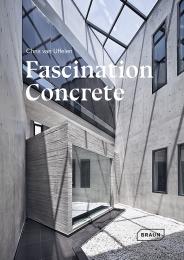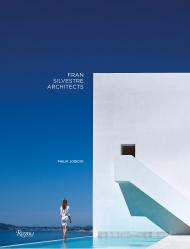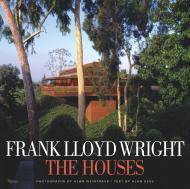A celebrated photographer focuses his lens on distinctive period and contemporary residences amid the natural beauty of New York’s Catskill Mountains and Hudson River Valley
The majestic panoramas, lush vegetation, and bucolic vibe of the Catskill Mountains and Hudson River Valley in upstate New York have long proved irresistible for city dwellers seeking respite from urban life and inveterate country lovers alike. Their homes, whether hundreds of years old or brand new, all resonate with their natural surroundings, as each of the 20 houses that photographer William Abranowicz captured for this volume attests. They range from the historic houses of Thomas Cole and Frederic Church, quintessential landscape painters of the Hudson River School, to the rustic wood–and–stone house of a dealer of mid–century furniture, art, and jewelry, in which the clean lines of Frank Lloyd Wright side tables and other mid–century furnishings are exuberantly contrasted by vibrant textiles and contemporary ceramics. Perusing the pages of Country Life is the equivalent of taking a vacation and being warmly invited into the homes of artists, architects, writers, museum curators, dancers, photographers, antiques dealers, set designers, a social worker, a yogi, and even a hall of fame BBQ chef.
About the Authors:
William Abranowicz has published three books with Vendome, including Sean Scherer’s Kabinett & Kammer: Creating Authentic Interiors, which has inspired a cult following. Over his nearly 40–year career, Abranowicz’s work has appeared in countless international publications, including Condé Nast Traveler, where he has been a contributing photographer for 25 years. He is also a master printer, a licensed falconer, and an ardent environmentalist. Abranowicz lives atop a mountain in the Catskills town of Margaretville, New York.
Zander Abranowicz is a writer and strategist. He has contributed to Travel + Leisure, ELLE Decor, Elite Traveler, and Upstate Diary, and has collaborated with his father, William Abranowicz, on American Originals and This Far and No Further. His monthly newsletter, Buzzcut, covers travel, style, history, and nature. He is the cofounder and strategy director at Abbr. Projects, a strategic design studio. He lives in Richmond, Virginia.
